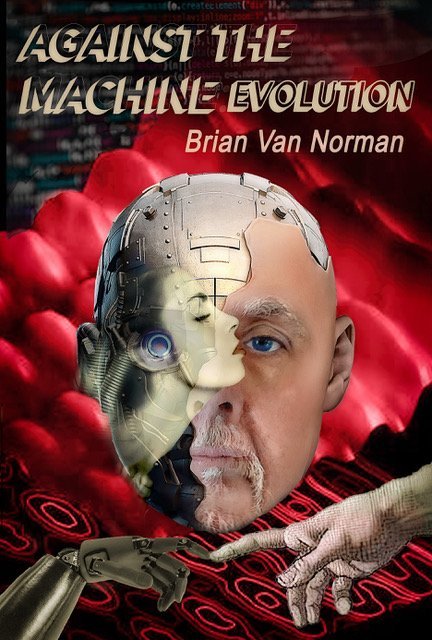- Home
- Articles
- RESPECTING BOUNDARIES: THE LOST ART OF FREEDOM IN A SELF-CENTERED WORLD
RESPECTING BOUNDARIES: THE LOST ART OF FREEDOM IN A SELF-CENTERED WORLD

By P Mohan Chandran
Imagine a world where everyone exercised a simple virtue: caring just as much about the freedoms of others as they did about their own. A place where people saw freedom not as a limitless right but as a mutual responsibility. How would life look if we all acknowledged that, while our freedom may feel boundless, it stops where another’s begins? This might seem a basic, even obvious concept—yet, in the bustle of daily life, its practice is surprisingly rare.
Take, for instance, Deepavali in India. For many, it’s a time of celebration, lights, and joy. Yet, every year, the roads are crowded with people bursting firecrackers with little regard for the elderly neighbor next door, the pet terrified under the bed, or the asthmatic child struggling to breathe. For them, it’s a moment of thrill. But pause and consider: what if that same insensitivity was turned on them? How would they feel if others burst firecrackers outside their homes all night, disturbing their peace? More often than not, those who burst the crackers see no problem — until, of course, the tables are turned. The hypocrisy is glaring, yet it persists year after year, revealing a deeper issue within us.
This selective empathy, this disregard for the boundaries of others, is a quiet epidemic. People easily dismiss the rights and comforts of those around them but expect absolute respect for their own. This duplicity is not limited to festivals or noisy celebrations; it shows up in day-to-day interactions, in office settings, on crowded streets, in residential communities. Every time a person blasts music at full volume without considering the neighbor who may be working or resting, every instance of cutting ahead in traffic, of littering public spaces, the message is clear: “My freedom is more important than yours.”
Why do we fall into this trap of double standards? Perhaps it’s because respecting the freedoms of others requires a level of empathy that, sadly, is hard to come by. Exercising restraint, considering the impact of our actions on those around us — these principles require effort, patience, and a mindset that places the collective good above personal indulgence. It’s easy to be selfish; it’s easy to dismiss another’s discomfort when it does not affect us directly. But how quickly this changes when we are on the receiving end! When someone violates our space, suddenly we’re all too aware of the importance of boundaries, of respect, of restraint.
The truth is, freedom isn’t just about rights; it’s also about responsibilities. The law tells us that “your freedom ends where another’s begins,” a rule intended to keep societies civil and harmonious. But laws alone aren’t enough — they only work when people choose to embrace and respect them as part of everyday life. As the saying goes, “You reap what you sow.” When we show respect and empathy for others, we foster a culture of mutual respect and consideration. Conversely, when we ignore others’ rights, we set a precedent for others to ignore ours. It’s a cycle that feeds itself.
Now, imagine if we all applied this principle as habitually as we breathe. Imagine a society where people didn’t need laws to remind them to act with respect toward others, where freedom wasn’t a battleground but a shared space. Consider the power of a world where people didn’t infringe on others’ comfort or peace, and where each person acted with self-discipline, fully aware that every choice they made ripples outwards, affecting countless others.
So, here’s a question: How much are we willing to change to see such a world come to life? Are we prepared to check our own behaviors, to curb our impulses, and to treat others’ boundaries as carefully as we’d want them to treat ours? Are we ready to live by the respect we expect from others? If we are, the world we imagine — a world where respect and understanding rule, rather than selfishness and disregard — might be closer than we think.
© 2024. P Mohan Chandran. All Rights Reserved.







